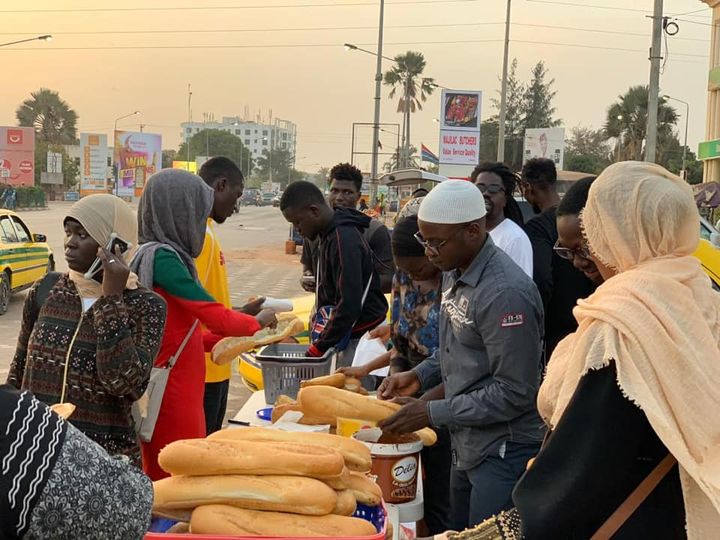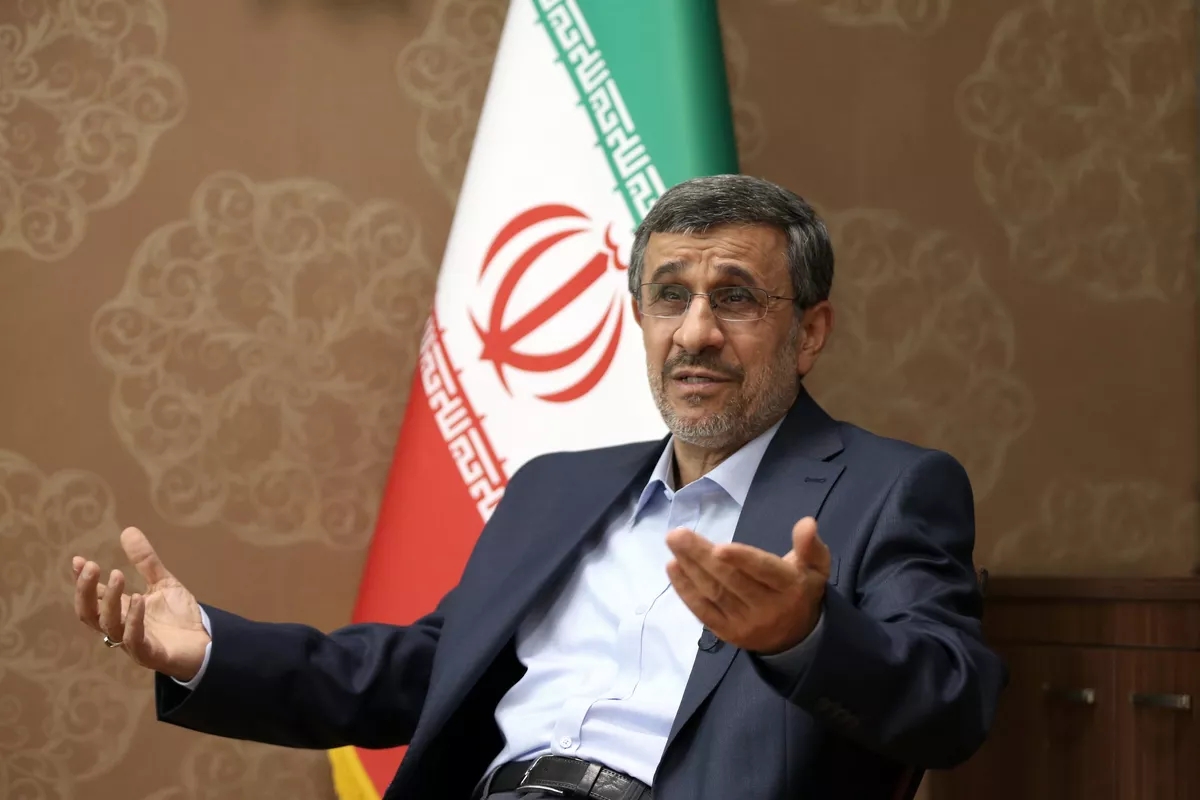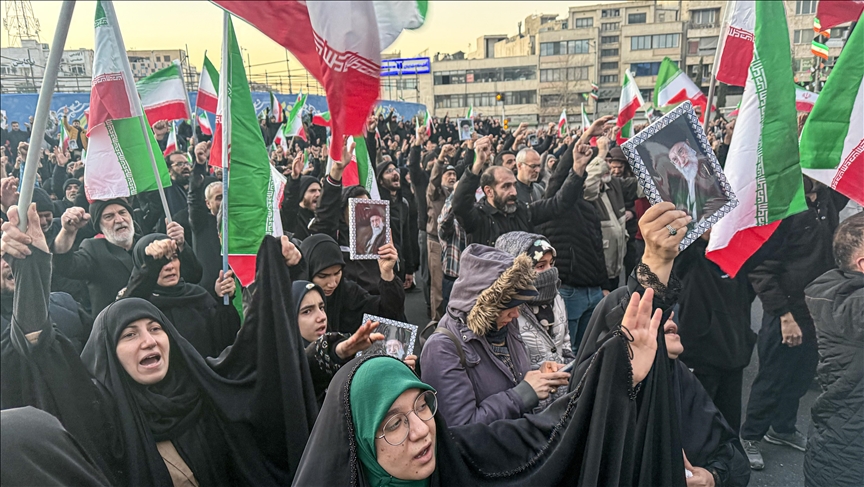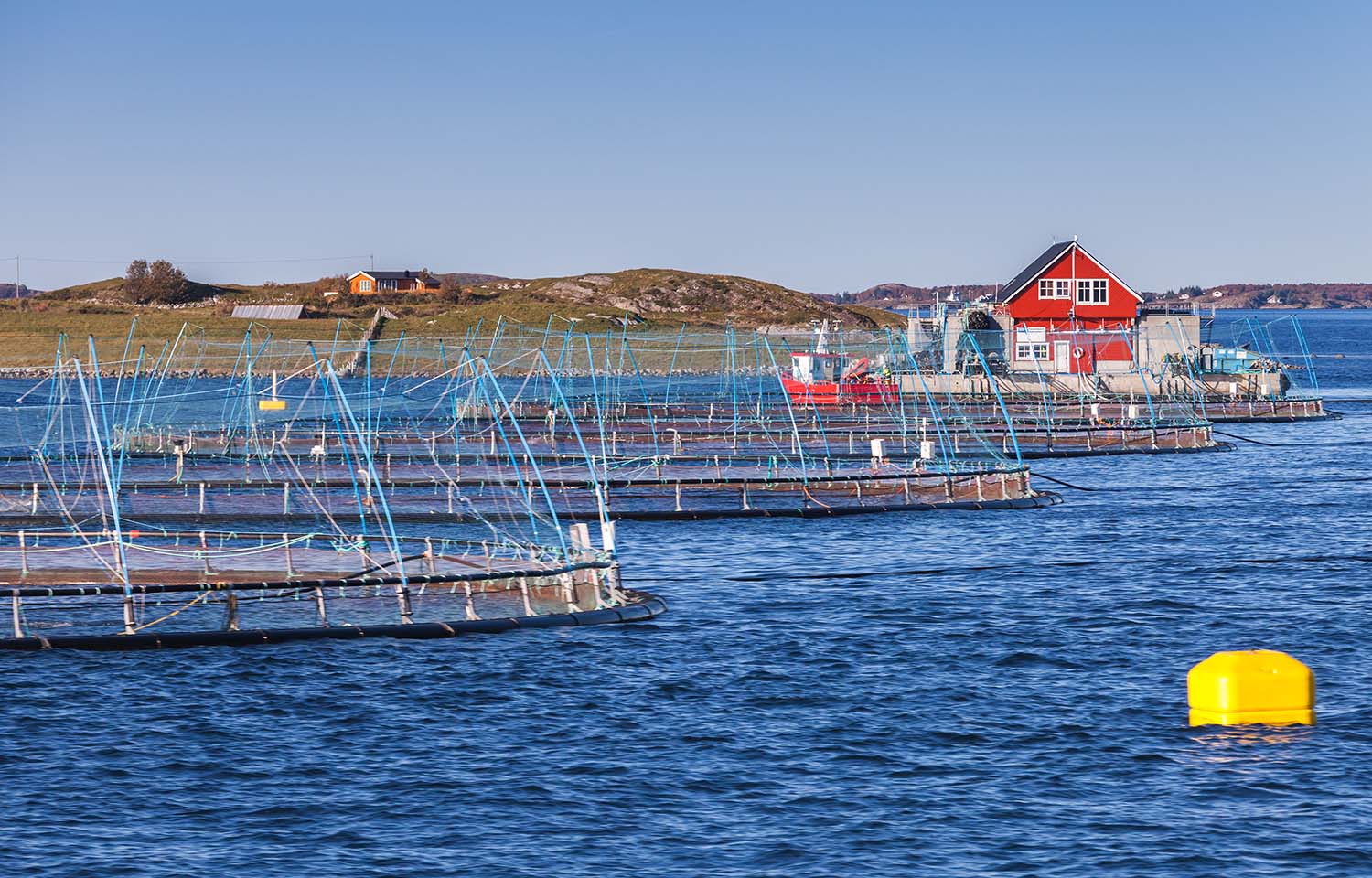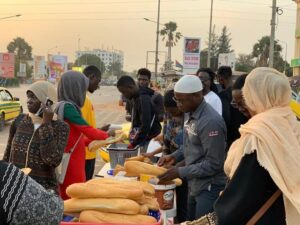A report by environmental groups reveals that Norwegian salmon farms are using nearly 2 million tons of wild fish from the ocean each year to make fish oil for salmon feed. This practice is causing problems for West African countries like The Gambia, Senegal, and Mauritania.
According to report entitled “Blue Empire: How the Norwegian salmon industry extracts nutrition and undermines livelihoods in West Africa,” small-scale fishing is crucial for communities along the West African coast. However, large fishing boats supplying the fish oil industry are harming these communities and their way of life.
The report also highlights that Norway’s salmon farming industry uses a lot of wild fish for its feed, which could otherwise be used to fight hunger and malnutrition in West Africa. The industry plans to expand, which would require even more wild-caught fish.
Despite claims that salmon farming helps global food security, the report suggests that it’s actually causing harm in West Africa. The biggest feed producers for Norwegian salmon farming, Mowi, Skretting, Cargill, and Biomar, source fish oil from northwest Africa.
The report shows that fish catches in West Africa have dropped significantly, leading to job losses and reduced local fish consumption. For example, in The Gambia, annual fish consumption per person has decreased from 15 kilograms in 2020 to 8 kilograms in 2021.
As part of the campaign, environmental groups are urging the British restaurant chain Wagamama to stop serving farmed salmon. They say that as a restaurant claiming to be sustainable, Wagamama’s decision on farmed salmon could set an example for others in the hospitality industry.



